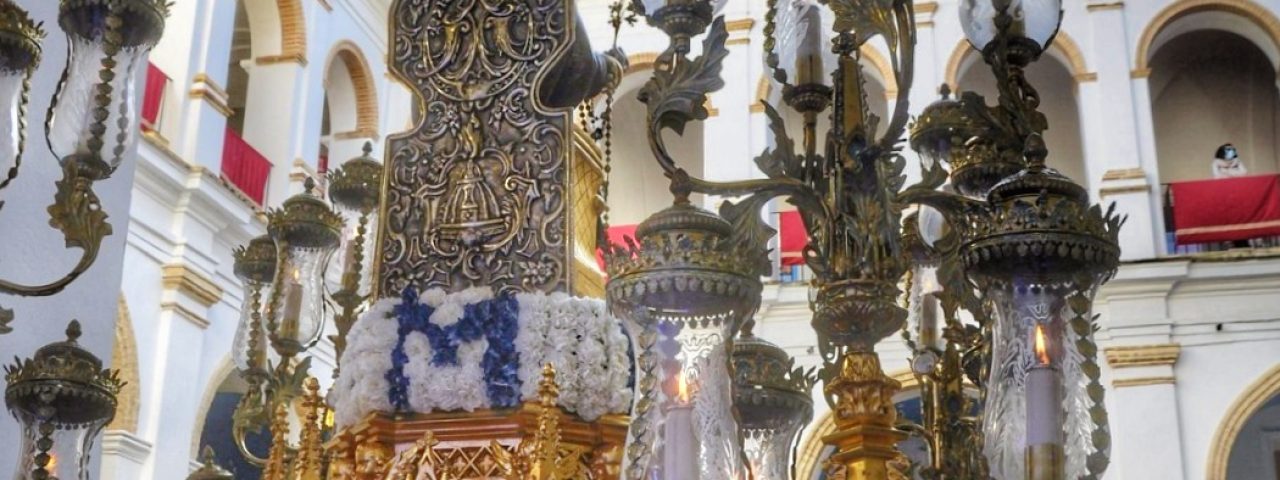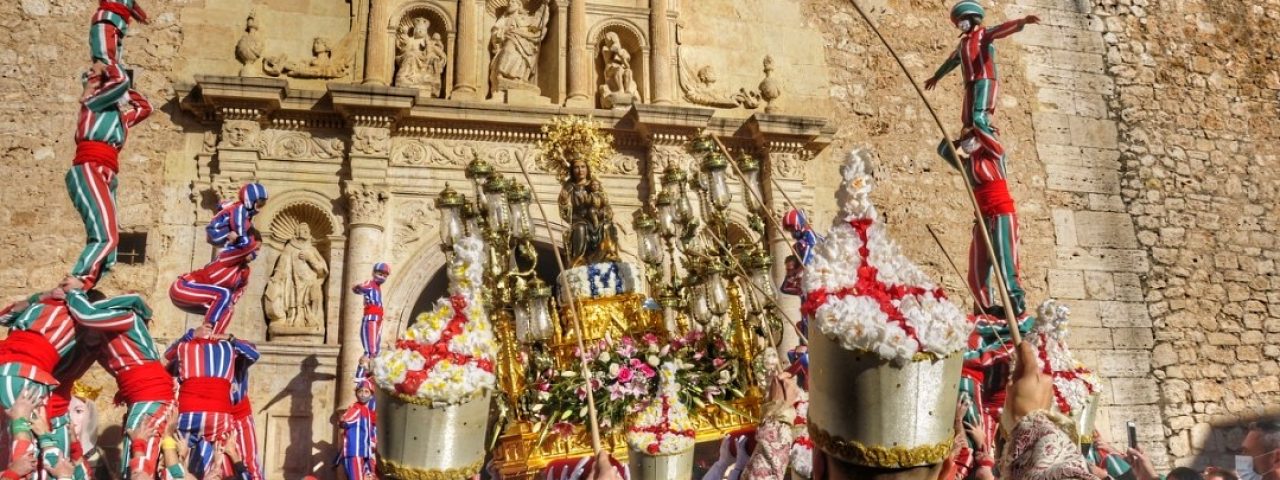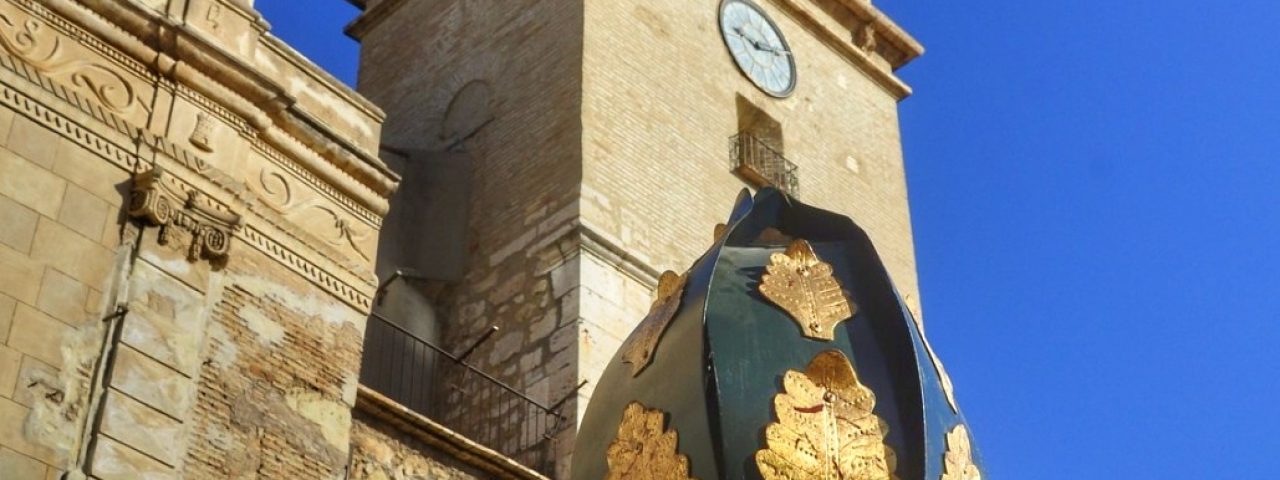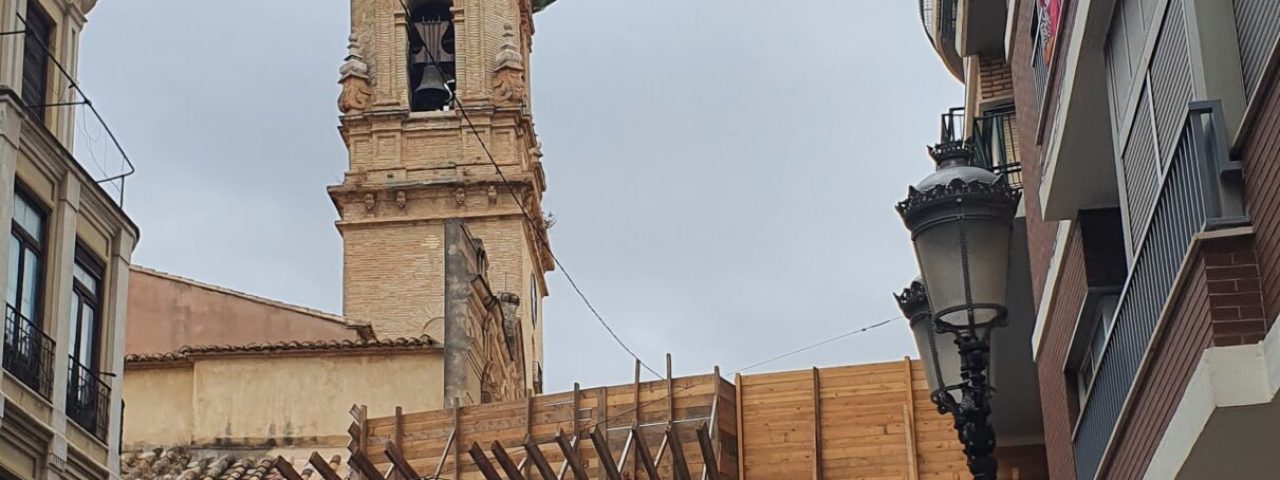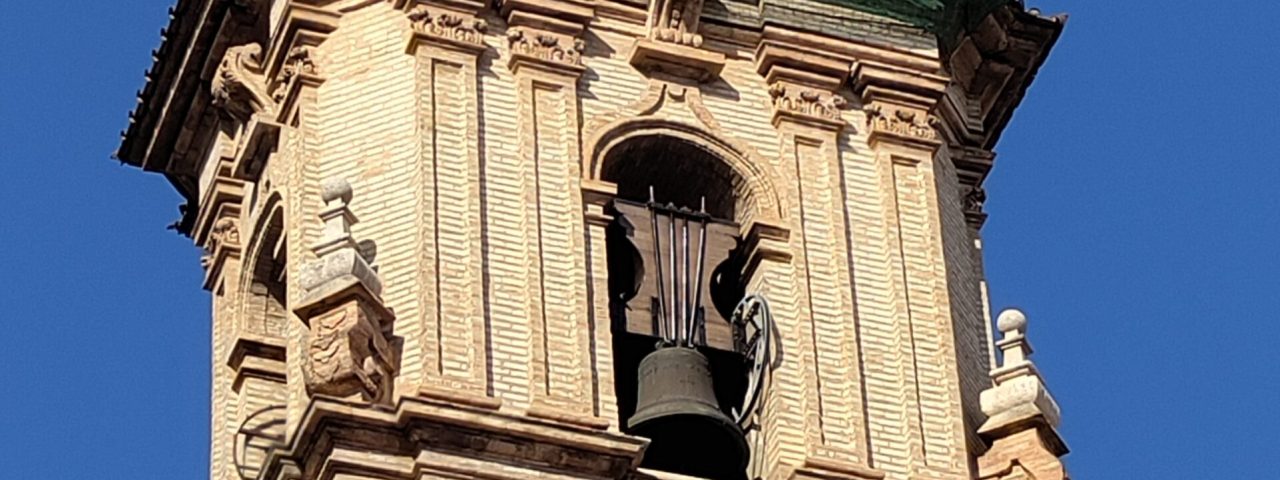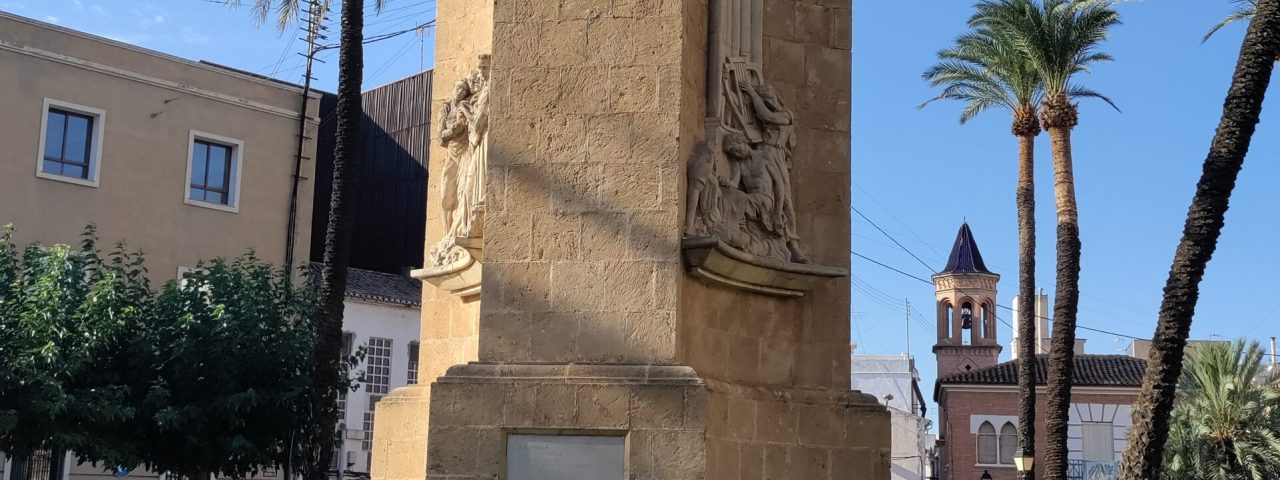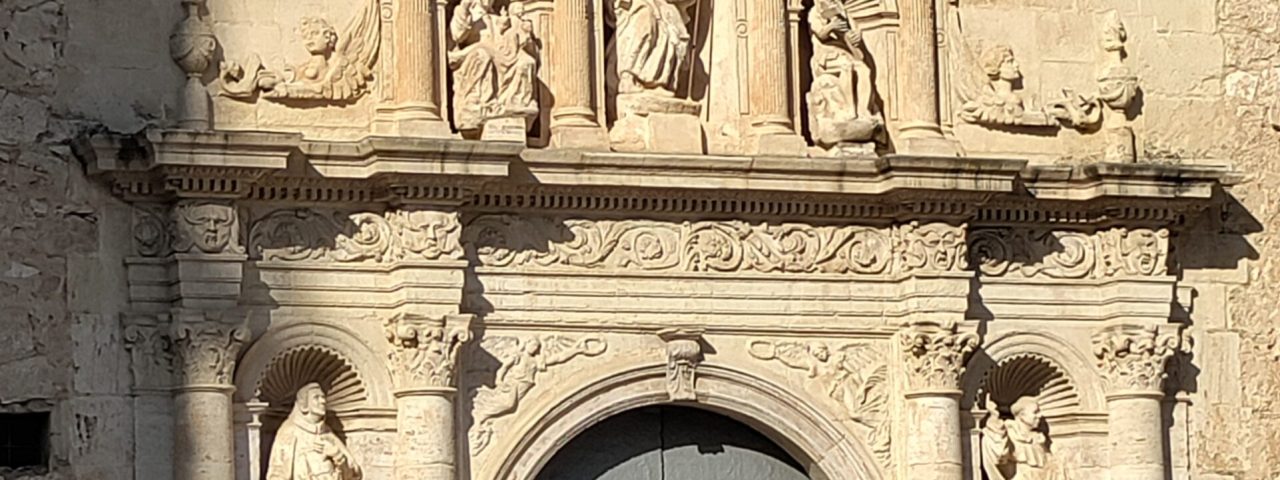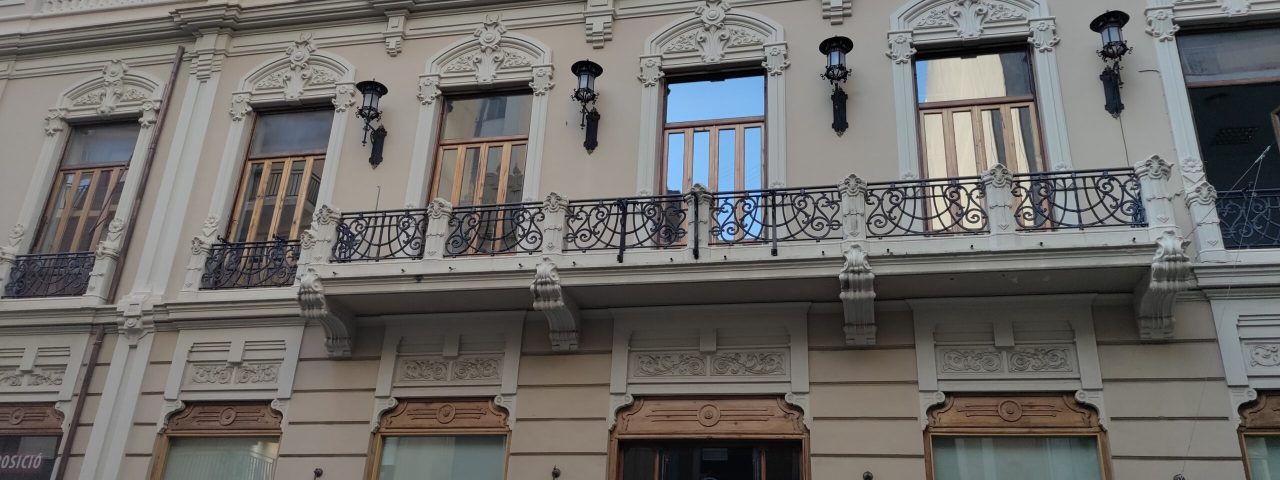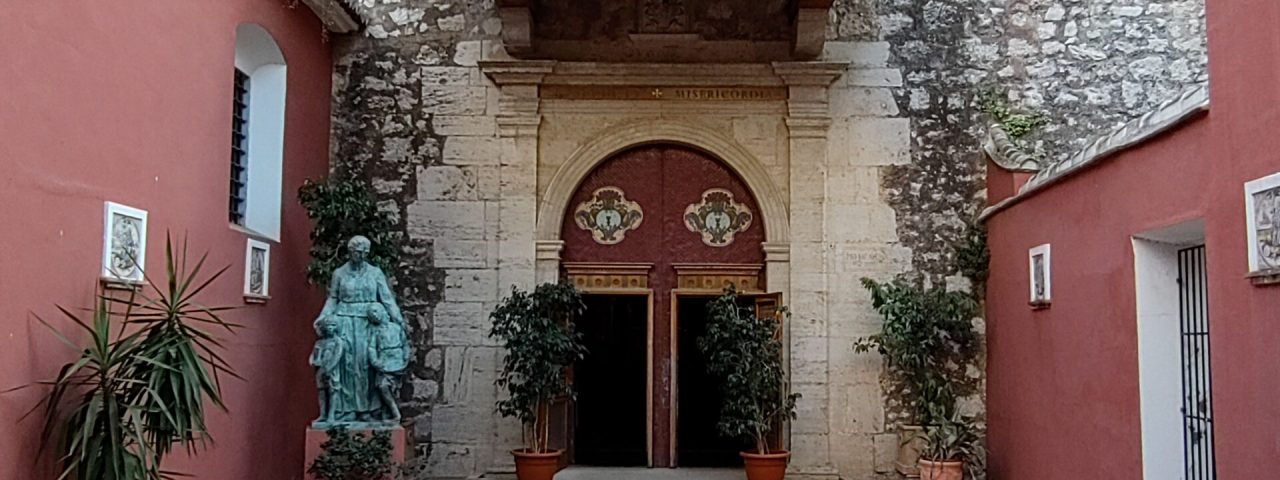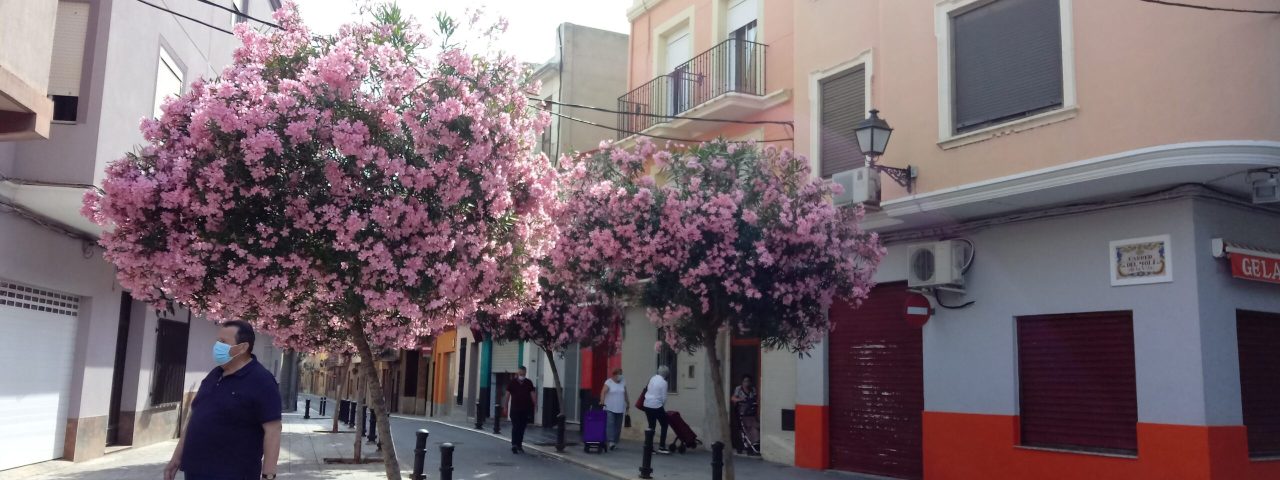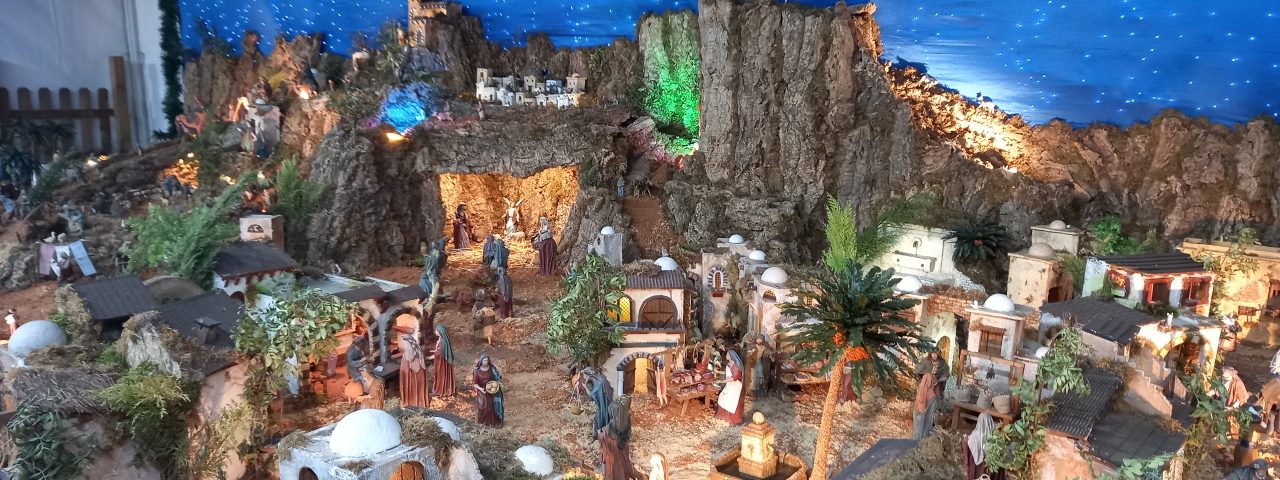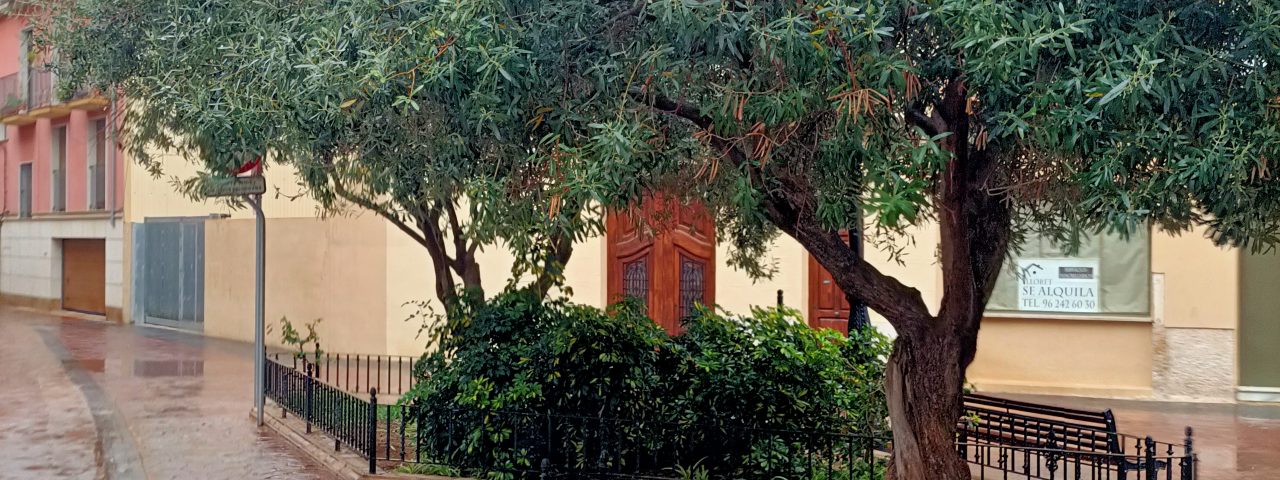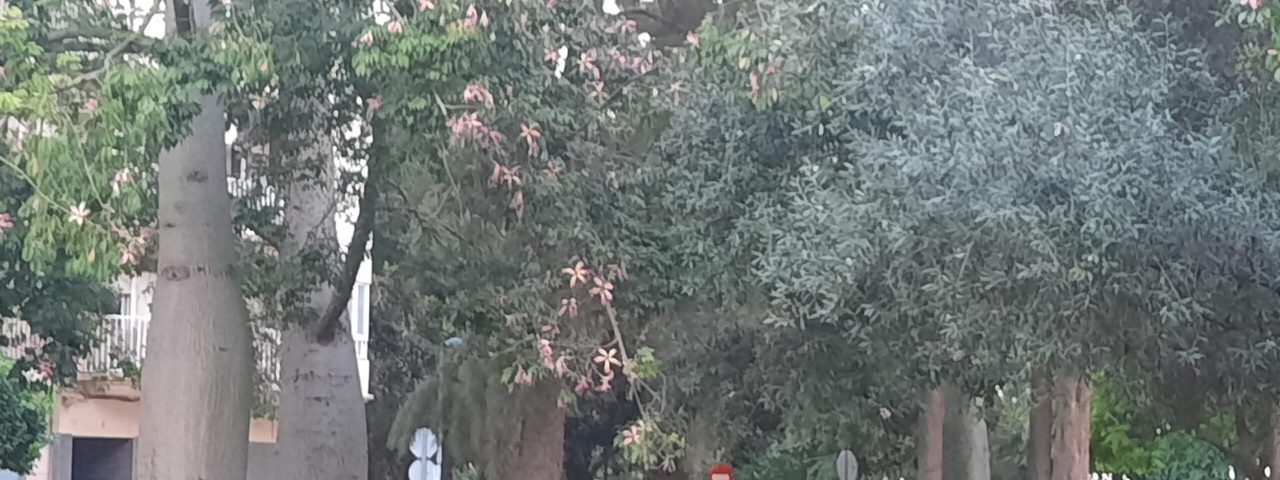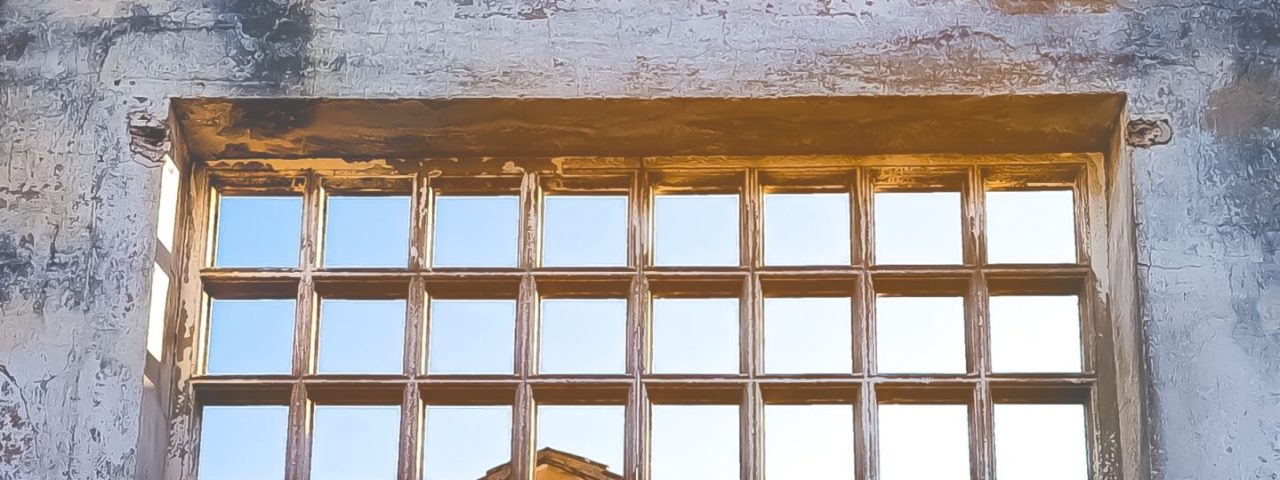The history of Algemesí is deeply rooted in the various cultures that have influenced the Iberian Peninsula over the centuries. Originally, the area was inhabited by Iberians, followed by Roman settlements during the height of the Roman Empire. However, it was under Moorish rule, starting in the 8th century, that Algemesí began to develop as a significant settlement. After the Christian Reconquista in the 13th century, the city became part of the Kingdom of Valencia, and its culture began to reflect the blending of Christian and Moorish influences.
One of the most remarkable aspects of Algemesí’s culture is its devotion to traditional festivals, especially the La Mare de Déu de la Salut festival, which has been recognized as an Intangible Cultural Heritage of Humanity by UNESCO. This festival, held every September, celebrates the city’s patron saint and features elaborate parades, traditional dances like the “Muixeranga,” and religious processions that attract thousands of visitors each year. The city’s love for its traditions is palpable, and the festival is one of the most significant cultural events in the region.
The people of Algemesí are deeply connected to their customs and religious beliefs, which is reflected in the city’s many historical churches and monuments. Visitors can explore these landmarks and witness the community’s pride in preserving its rich history.
